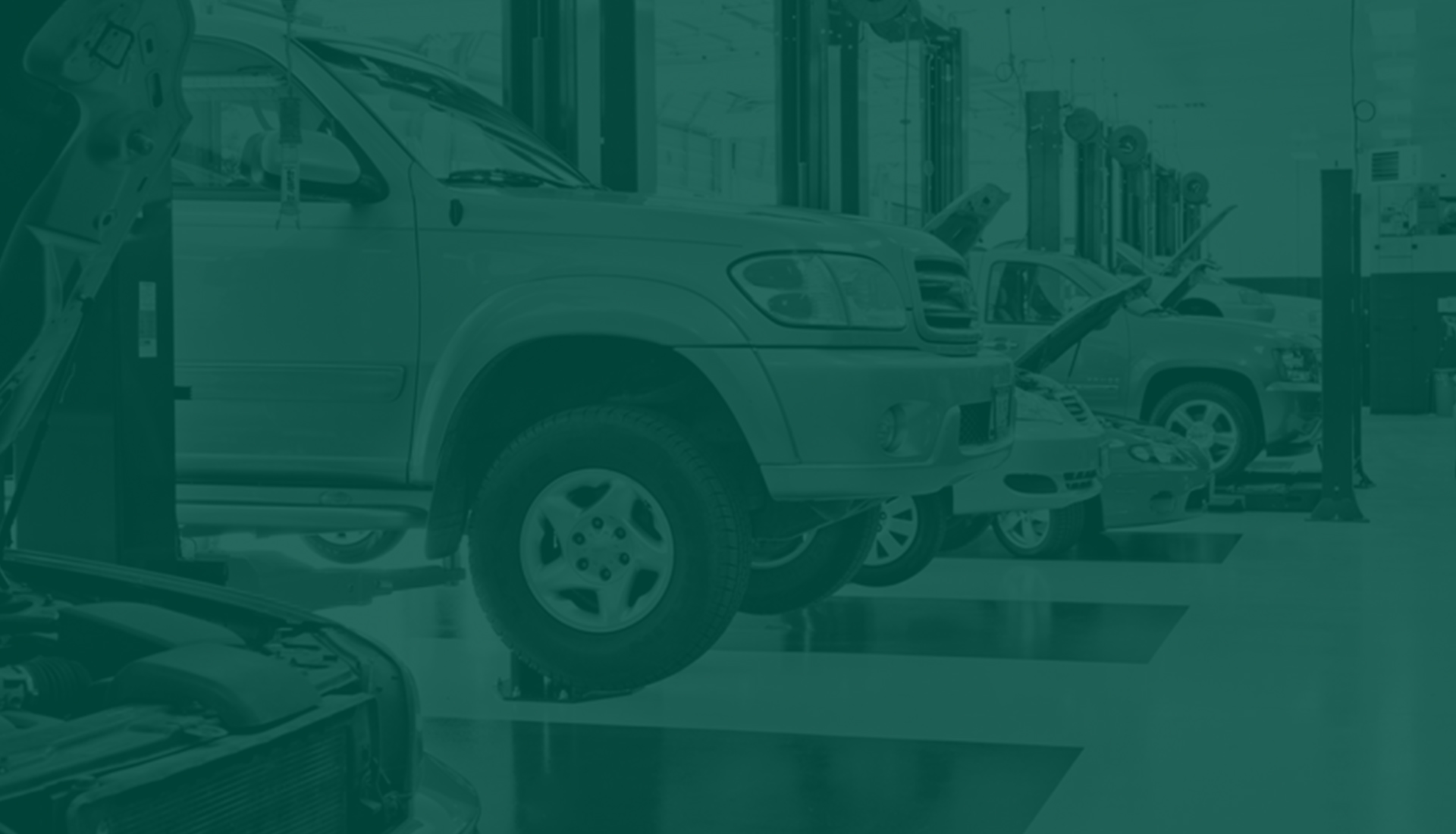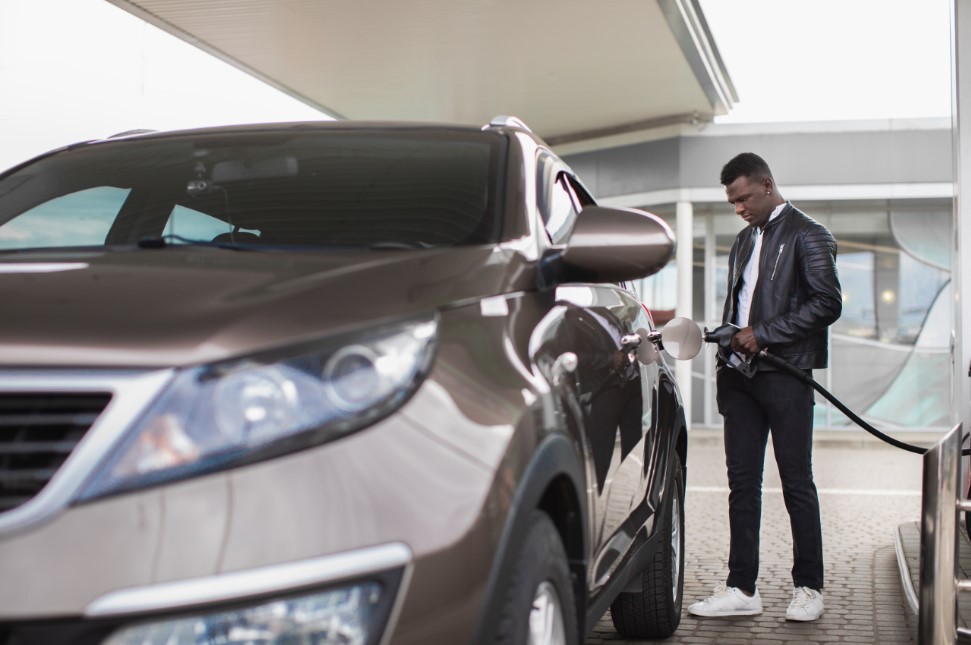Emergency Essentials to Keep in Your Car

Glove Box Essentials
Owner’s manual
This needs to be in your glove compartment, as it contains a lot of useful information that can get you back on the road, such as detailed images of how to change a tire.
Insurance card
Vehicle registration
Contact information to roadside assistance provider
Maps
Keep a detailed map of the state you’re in at all times. Never just rely on GPS.
Old cell phone with charged battery
Even without a subscription, an old phone can be used to call 911 or 999.
Trunk Essentials
Tire jack and gauge
Check your tire pressure frequently with a quality pressure gauge. Poor pressure can affect your brakes, gas mileage, and overall wear and tear on your car.
Bottled water and snacks
Water and snacks are essential for sustenance if you get stuck somewhere for a while. High energy snacks like nuts and jerky are always a good idea to keep around.
Blankets
Even if the weather is good, you might have to spend hours in the car. A blanket makes it easier to curl up, keep warm and sleep.
Flashlight
A flashlight is also essential if you need to make quick repairs to your car in the dark.
First aid kit
Your kit should include a variety of materials, including bandages, antibiotic ointment, pain medicine, protective gloves, and gauze dressing.
Basic tool kit
Jumper cables
Choose heavy-duty, high-quality jumper cables. Many jumper cables are too short, too thin, or not flexible during cold weather. Make sure the cables you purchase are at least 20 feet long and four gauges thick. Cables made of copper offer the least resistance.
Tire Repair Kit
If your tire has deflated rapidly, a tire repair kit makes it possible for you to patch it up well enough for a short period.
Road Flares
These are invaluable at night so others can see you when you’re changing a tire. They can also be used to flag down help.
Tire Air Gauge
This isn’t vital for emergencies, but it is essential for preventative maintenance. Keep your tires fully inflated to improve gas mileage and reduce the risk of tire explosions. You’ll want to keep your tire pressure around 30 to 35 PSI.
Portable Battery Charger
As some of these items require batteries, a portable battery charger can plug into your car and charge them up if they are dead.
For Poor Weather
A change of clothes
If you have to change a tire in the snow or rain, you’re going to get soaked. Sitting in wet clothes is unhealthy and uncomfortable, so make sure you have extra.
Shovel
This is essential if you ever face a giant snowdrift and need to unbury yourself. Keep a shovel in your trunk and avoid getting stuck in snow for hours on end.
Hat, scarf, and gloves
In winter, this can keep you warm and safe from frostbite if you’re stuck or need to perform repairs on the vehicle. Keep extra if you have passengers.


[1].jpg)
sunwash-tech-with-customer.png)

